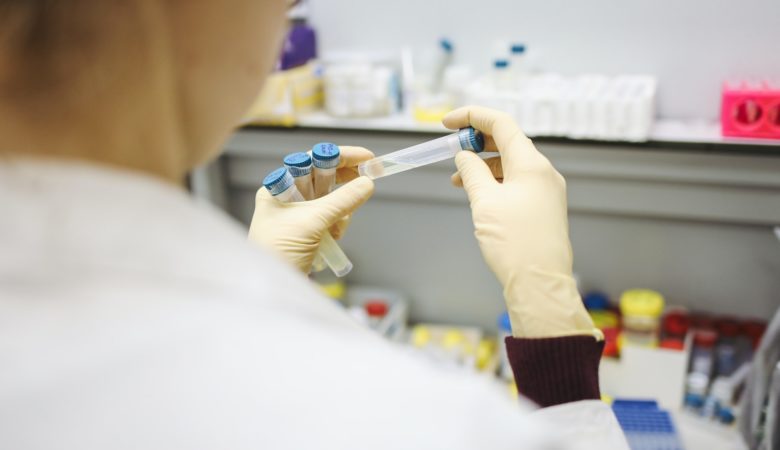EU Vaccine Nationalism Will Hurt Pandemic Response
The European Union’s recent decision to block vaccine exports to Australia violates principles of free trade and presents a serious danger to the global COVID-19 pandemic response.
The EU announced earlier this year that they would be opening the possibility of export controls for COVID-19 vaccines manufactured in Europe, citing shortages due to problems at AstraZeneca’s and Pfizer’s plants. On March 4th, Italy and the EU used these export controls for the first time to prevent the export of 250,700 vaccine doses to Australia.
Despite Australia’s pleas for Italy to stop its protectionism, other European leaders such as France have backed Italy’s decision and suggested that they may also implement vaccine export controls themselves. The President of the European Commission, Ursula von der Leyen, concurred and warned that the EU may continue to block future vaccine exports.
The protectionist decisions by the European Union have been widely condemned. World Health Organization head Dr. Tedros Adhanom Ghebreyesus said “vaccine nationalism” could lead to a “protracted recovery,” predicted that it would “keep the pandemic burning and…slow global economic recovery,” and called it a “catastrophic moral failure” on behalf of the Europeans. A spokesperson for British Prime Minister Boris Johnson also criticized Europe for endangering “global efforts to fight the virus.”
As is often the case, protectionism begets more protectionism. The European Union’s vaccine export controls could lead to retaliatory measures from other countries that produce key components of the vaccines, at a time when the world needs cross-country economic cooperation more than ever. Some European leaders have acknowledged the significant risks EU leaders are taking by blocking free trade for finished goods that rely on foreign inputs.
“We need to protect our global supply chains to make sure that nothing threatens that, because different components of a vaccine not all come from Europe, they come from different parts of the world,” said Nathalie Moll, Director-General of the European Federation of Pharmaceutical Industries and Associations (EFPIA).
German Health Minister Jens Spahn also said, “With a measure like [the export controls], in the short term there’s a win, but we have to be careful that it doesn’t cause us problems in the medium term by disrupting the supply chains for vaccines and everything that’s needed in terms of precursors.”
The reality is that all of the vaccines that have been approved so far are the result of international collaboration and free trade. The only exclusively European vaccine that the EU has placed orders for so far is Germany’s CureVac, which has not been approved for use in the EU. Those which the EU has officially approved (namely AstraZeneca/Oxford, Pfizer/BioNTech, and Moderna) were all developed either entirely by non-European companies or through collaborations between European and non-European companies.
The World Trade Organization (WTO) does allow export controls in rare situations where they may “relieve critical shortages” of essential items. However, the central problem in Europe’s vaccine rollout has not been a lack of vaccines, but rather a mismanagement of them.
For example, there is not actually a vaccine shortage in Italy, where the export controls were first used; as of March 6th, Italy had received 1.5 million vaccine doses but had only administered 350,000 of them. There is therefore a reasonable argument to be made that the EU’s vaccine export controls may be illegal under international trade law.
Even if European countries had used all of their available vaccines, the EU’s lengthy vaccine approval process has further limited the number of doses available on the continent. The European Union took weeks longer than the United States to approve the Pfizer and Moderna vaccines, and still has yet to approve the Johnson & Johnson vaccine.
Regardless of their WTO status, it is clear that increased trade barriers in a time when global cooperation is so strongly needed could lead to a domino effect that ultimately causes severe damage to worldwide medical supply chains.
“There’s a real risk that the EU taking this decision is going to spark a cascade in other countries putting in place (vaccine) export bans,” warned Suerie Moon, co-director of the Global Health Centre Graduate Institute in Geneva. “The biggest risk is that this is going to set an example that many other countries will follow, and this will lead to a collapse in global vaccine supply.”
European leaders should cease their vaccine protectionism immediately and ensure that global vaccine cooperation is allowed to continue, or else they risk severe harm both within and outside of Europe.
Photo Credit: Polina Tankilevitch on Pexels

